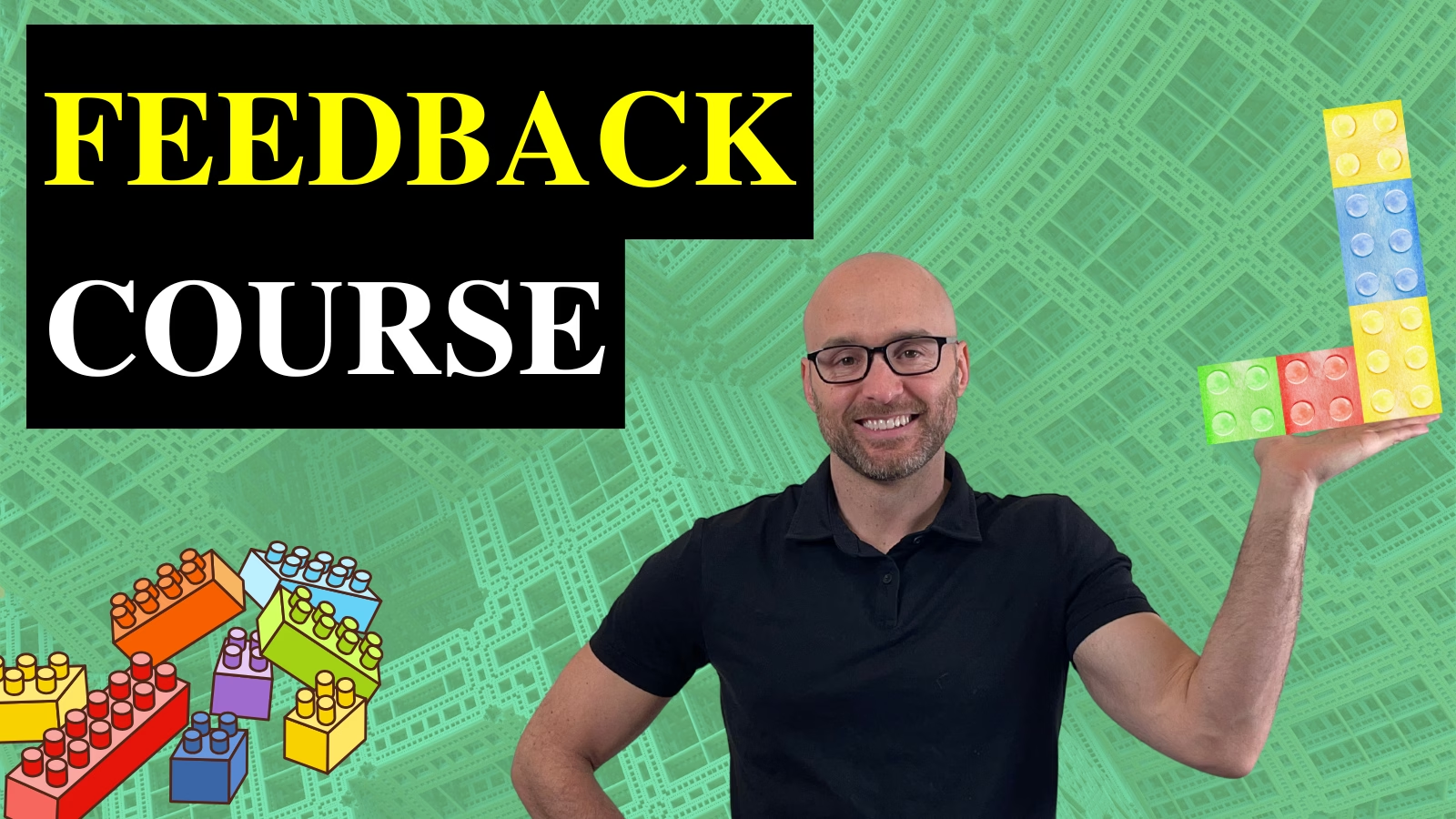
Featured In:



“A workplace feedback expert.”
— Harvard Business School
Everything is Feedback.
My quest to live fully led to my passion for feedback. Whether it’s the joy of a hobby or the fear of a difficult conversation—feedback is the atomic unit of growth.
The Feedback Guide
The web’s most comprehensive feedback resource covers everything from what feedback is to building effective feedback cultures.
Read for Free →
The Complete Feedback Course
All the feedback things. All at once or as a playlist.
You had feedback questions, I have (a few) answers.
The Feedback Definition Guide.
Get the complete breakdown of feedback definitions, types, and examples in one easy-to-navigate PDF. Perfect for printing, sharing with your team, or keeping as a quick reference.
↓ Download the PDFLooking for something specific?
Search Cameron’s feedback library.
Feedback in 60 Seconds

What is Feedback?

The Dunning-Kruger Effect in Feedback

Women Get 20% Less Feedback

37% of Managers Avoid Giving Feedback

19 Words To Improve Feedback

The COIN Feedback Framework

Should You Use The Feedback Sandwich?

Recency Bias in Feedback

Feedback and Psychological Safety

The Science of Negative Feedback

17% of Employees Quit Due to Feedback

Feedback as Directive vs. Guide
Feedback is the fuel for change.
But change at the individual and organizational levels doesn’t just happen. There’s an art and science to it. That’s why it’s vital to be both a student of feedback and change.
Explore The Change Management Guide →The Latest 3-Minute Reframes

Reframe on the go.
3MR is available as a podcast. Subscribe on your favorite platform to get the audio version.
“We’re all just walking each other home.”
How will you help someone “walk home” today?
SELECT 3
“We are here to awaken from our illusion of separateness.”
You are never walking alone.
YOUR PATH TODAY:
Don’t Just Keep Up.
Define the New Rules.
3-Minute Reframe isn’t just another newsletter. It’s where new language for modern leadership is forged. Explore some of the frameworks shaping the future of personal and professional growth.
Books by Cameron Conaway
Exploring the intersections of global health, social justice, and the human condition.

Malaria, Poems
“When a collection like this comes along, the world must take notice.”
— NPR
Chittagong
“Draws attention to the despicable and unsafe working conditions…”
— South Asian Review
Caged
“A meditation on being literally and metaphorically caged.”
— DIAGRAM
Until You Make the Shore
“A brilliant and deeply moving debut… about mercy and forgiveness.”
— Todd Davis
Man Box
“Can open up important conversations in gender studies classes everywhere.”
— Dr. Joe Boehman
“This class will open the gateway to your inner poet.”
Over a decade ago, I wanted to help students cut through the myths (including “writer’s block”) so they could start writing quality poems in as short a time as possible. So I built the class that nearly 10,000 students are still signing up for and loving.
Start Writing →
The only way out is through.
The only way through is in.

Get the next 3-Minute Reframe
It’s a 3-minute no-B.S. read or listen every Thursday.



